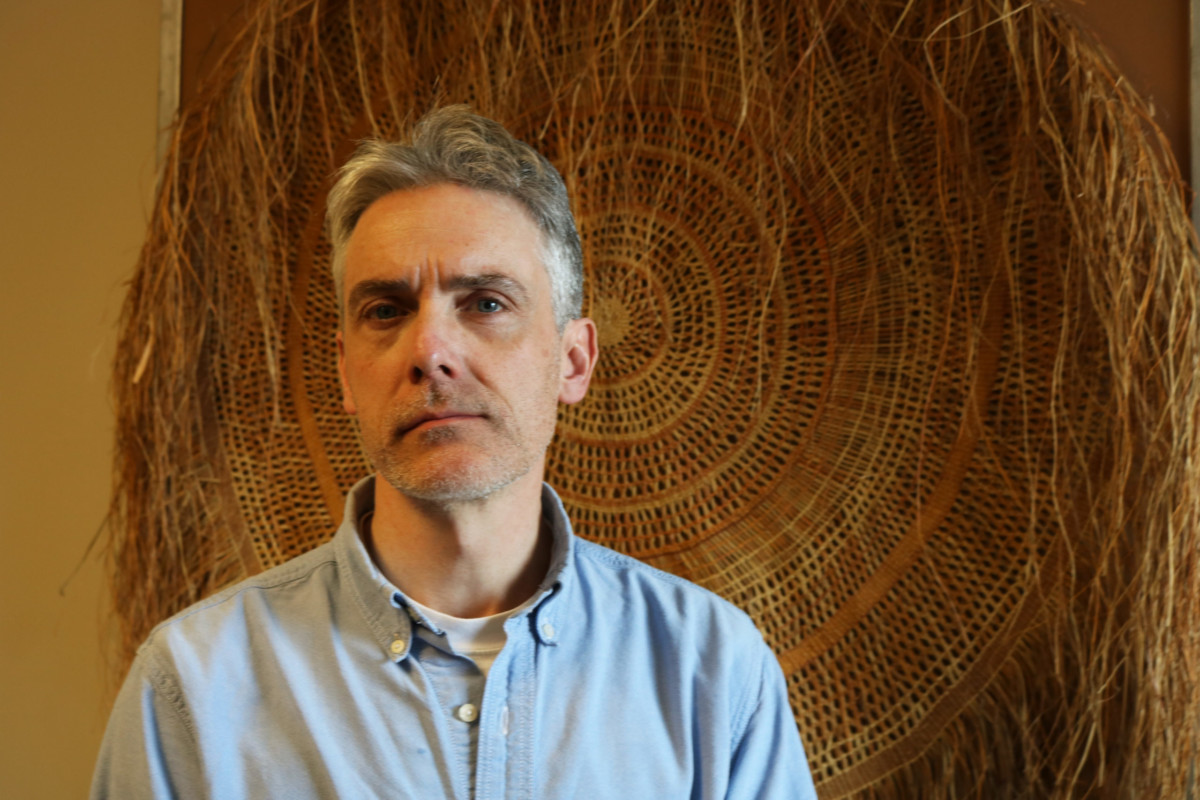
After 15 years of teaching anthropology at St. Thomas University, Peter Toner is taking on a new job, this time outside of the classroom.
As the new associate vice-president research, he has a vision to bring research to the centre of university life and make students see it as essential.
His plans
The position of associate vice-president research is a five-year-long appointment. During this time, Toner will report to the vice-president academic and research, Kim Fenwick. He starts in the fall.
According to STU’s website, the associate vice-president research helps students with proposal support, Canadian common CV application for research funding, writing and publishing research, research integrity, professional development and graduate school. They are also in charge of the Student Research and Ideas Fair.
“[I work with] those aspects of university life or student university life that have a research component that’s not directly related to the courses that [students] are taking,” said Toner.
Toner said while he is stepping back from the classroom, he has a vision for what he can accomplish in his new role.
He wants students to not just attend lectures but get involved in a class and work alongside someone who is an expert in that area, similar to apprenticeships.
He hopes to build on the advances that STU has made to include research as a more significant part of the university. He said that 15 years ago, professors did research during their free time and student research was limited to the classroom.
Now, there are classes for research, and research has become a part of the culture at STU.
Still, Toner is concerned that students don’t know as much about the research that professors do outside of the classroom. He wants to integrate research into the classroom early and let students know that research is an integral part of academia and graduate school.
“I try to integrate as much of my research into my teaching as I can, but even then, you’re still constrained by the courses that you’re teaching.”
Still teaching
While deeply gratifying, the job will take professor Toner away from teaching classes, something he said he loves.
“Most people get into academia for a certain set of reasons about the things that they love to research and love to teach about. And just to take a step into academic administration could be seen as a compromise because you can’t do as much of the things you love.”
He sees his step to associate vice-president research as a small compromise but thinks it’s necessary for achieving what he wants.
Toner said he hopes to continue teaching as well as carrying out his own research. He’s going to teach one class per year.
“I want to keep doing my own research, my own teaching, because that’s what I’m going to be returning to anyway. And I think it’s manageable,” he said.
He said university professors are not passive transmitters of knowledge. They are active participants in the growth and accumulation of new knowledge. He wants students to be part of the process.
“The biggest visionary thing I’d like to achieve is to make it apparent how central research is to the intellectual life of the university, right from bottom to top and to help to present it as something that isn’t a competition for anyone’s time or resources but is essential to students.”
